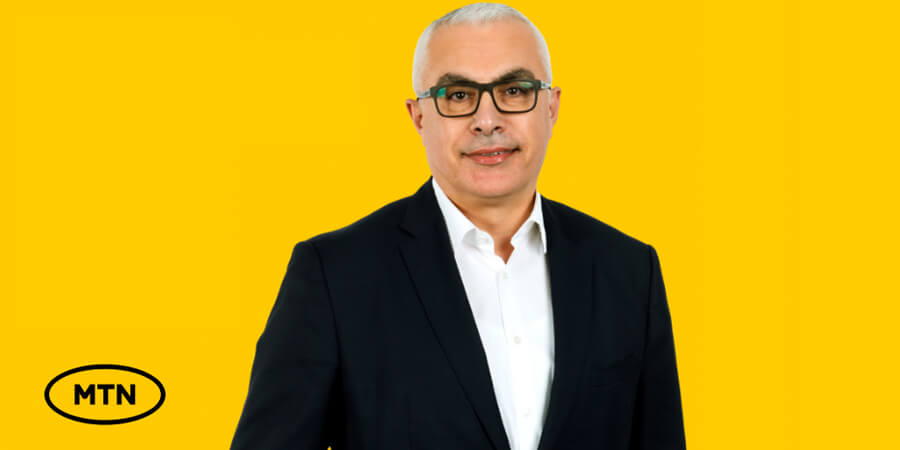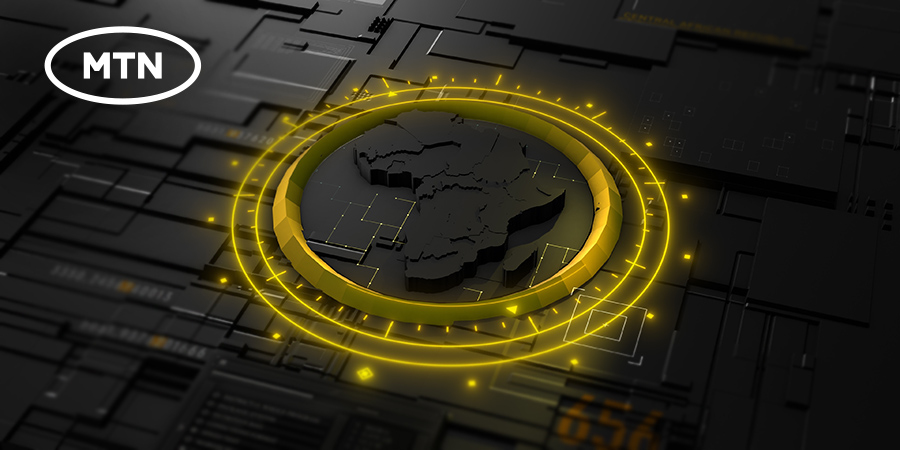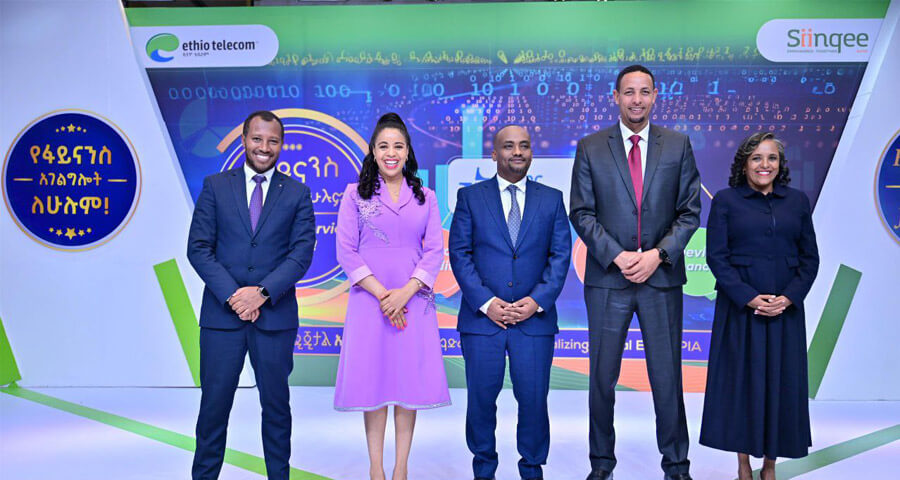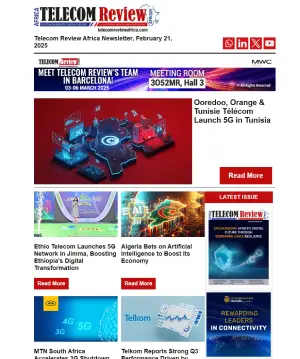Mobile communications technology has been a crucial enabler of the information age, connecting individuals, businesses, and governments, and facilitating improvements in daily life for people everywhere. Connectivity is the lifeline of modern societies and access to it is a digital human right.
Digital disruption is supporting economic development and the ambitions of the nation-states in which MTN operates. According to a recent GSMA report, mid-band 5G will generate a $13 billion contribution to GDP in Sub-Saharan Africa by 2030. The rollout of 5G will help usher in the fourth industrial revolution and drive economic growth. “5G has the ability to transform business and livelihoods beyond simple connectivity. The key lies in the ultra-fast end-to-end communication capacity it enables,” said, Mazen Mroué, MTN Group Chief Information and technology officer.
While developing countries have traditionally lagged developed ones in terms of readiness for and rollout of innovative technology, with the advent of 5G, both developed and developing countries are advancing simultaneously. Even markets where 4G is yet to mature are embracing 5G.
Modern base stations can switch dynamically between different technologies. Customers with capable handsets can experience the magic of 5G as soon as it becomes available, while customers with older handsets can continue to connect to older technologies on the same base station. The purpose of MTN is to enable everyone to enjoy the benefits of modern connected life. The first ultra-low latency 5G network trials in Africa were completed in 2018. The first commercial 5G service will be available in June 2020 in South Africa.
MTN South Africa now has more than 1000 5G sites across several spectrum bands, with plans to significantly scale this up since the high-demand spectrum was procured in a landmark auction in March 2022. MTN Nigeria also secured, via auction, spectrum for the deployment of 5G in 2022, and in December 2021, MTN Côte d’Ivoire launched 5G trials.
Authorities across Africa see the value of adopting 5G. In 2021, regulators in Uganda and Zambia conducted consultations on 5G spectrum, paving the way for 5G deployment. Markets such as eSwatini, Cameroon, and Côte d’Ivoire also displayed movement in terms of discussions around securing 5G spectrum. Since 2020, demand for broadband services has surged, with work from home during COVID-19-related lockdowns accelerating adoption everywhere. In 2020, MTN’s data traffic increased by a dramatic 110%. In 2021, it expanded by a further 58.3%.
Not wanting to leave anyone behind, MTN Group is ramping up its rollout of 5G sites. In 2021, across the Group, the rolled out was 849 5G radio sites. Over the medium term, the company aims to reach 5G population coverage of 10%-30%. But to provide faster speeds and capacity and contribute to the realization of the African digital transformation agenda, an adequate, suitable, affordable, and harmonized spectrum is needed to fuel all networks.
To advance this cause, the company advocate for recognition and accommodation in terms of the spectrum requirements and to ensure Africa’s recognition in the 5G space at international forums, including the GSMA’s strategic spectrum management group, Future Spectrum Group, and the future of spectrum access.






